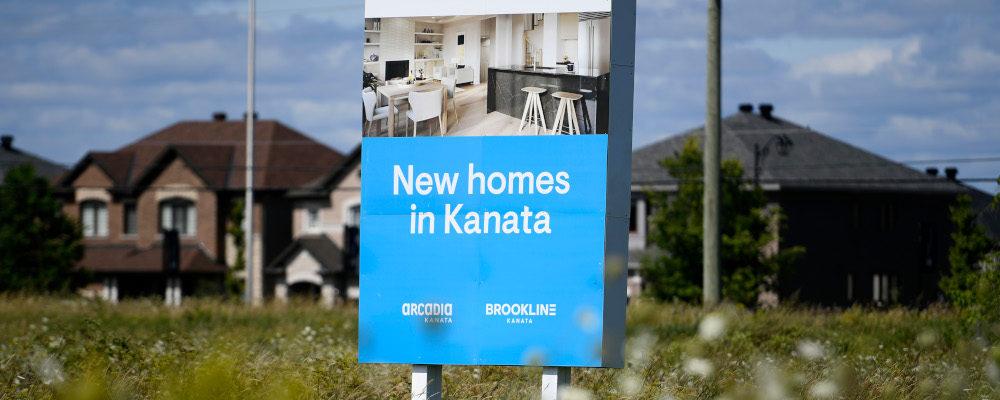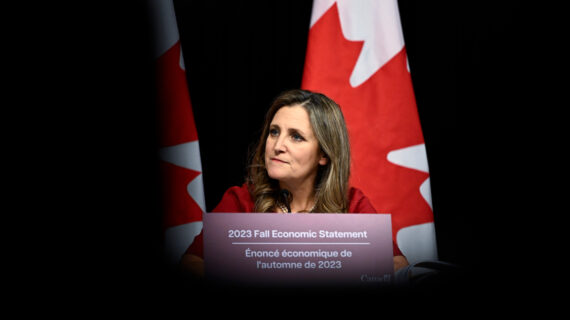To say that Ontario, and Canada, are in a housing crisis would be a significant understatement. Headlines for months have shown that home prices are rising at record levels, which is quickly squeezing out a generation of young Canadians trying to buy a home.1“The national average home price broke an all-time record in February 2022 as Canadian home prices continue to rise across the country. For February 2022, the average home price in Canada’s housing market was $816,720, up 20.6% from last year. Compared to last month, average Canadian home prices are up 9% from January 2022’s average home price of $748,439. Meanwhile, the MLS Benchmark Price increased 25% year-over-year to $869,300 for February 2022. That’s the highest year-over-year price growth that Canada’s housing market has ever seen.” https://wowa.ca/reports/canada-housing-market
How bad is the situation in Ontario? Really bad. The average sale price for a home in January nearly broke the $1 million mark, at $998,629, which is a 25.6 percent annual increase. In Toronto, the average home price saw a 28 percent year-over-year increase, with the median home selling for a whopping $1.242 million.
And the crunch isn’t just felt in Toronto. Brampton, Mississauga, Hamilton, London, and Ottawa have had their home prices inflate, year-over-year, by 41 percent, 30 percent, 35 percent, 31 percent, and 15 percent respectively. These record-high prices are largely driven by the fact that Ontario has a terrible record for building new homes. Canada ranks dead last in housing units per 1,000 people in the G7 with 424, and Ontario (which has only 398 units per 1,000 people) is a major cause of the problem.
The province needs to build another 650,000 units just to get to the Canadian average, which would still be well below France, which lead the G7 with 540 units per 1,000 people.2“Among the G7, Canada has the lowest average housing supply per capita with 424 units per 1,000 people, which places the country behind the United States and the United Kingdom. France, by comparison, leads the G7 at 540 units per 1,000.” https://financialpost.com/news/economy/ontario-alberta-and-manitoba-lead-the-provinces-in-canadas-chronic-housing-shortage-says-scotiabank
Prime Minister Trudeau campaigned on the issue of solving the housing crisis, but much of the Liberal plan does little to impact the issue of chronic undersupply. The risk of course is the country’s affordability challenges get worse rather than better.
Take the government’s proposed ban on blind bidding for example. First off, this proposal does absolutely nothing to increase supply. And beyond that, it has faced criticism from housing economists. William Strange, a professor of economic analysis at the University of Toronto, explains that a ban on blind bidding wouldn’t reduce pricing to any meaningful degree and that “there’s no economic evidence that it would matter.”3Fact check: Would a blind bidding ban lower housing prices? Professor William Wheaton at the Massachusetts Institute of Technology’s Center for Real Estate called the ban on blind bidding “dubious” because bidding wars are a symptom of an extreme seller’s market and not the cause. And remember the reason why Canada’s real estate market is so tilted in favour of sellers is that virtually every city has an undersupply of housing.
Two additional proposals from the federal government may make it easier for Canadians to save but similarly do nothing to increase the housing stock. The first is Ottawa’s plan to create a new tax-free First Home Savings Account, which combines the tax aspects of a TFSA and an RRSP, allowing Canadians to put upwards of $40,000 into their account, deduct the savings from their income, and withdraw it to purchase a home without any obligation to repay it. The second is to double the First Time Home Buyers Credit from $5,000 to $10,000.
While both policies should help some Canadians save more for a downpayment, they risk being undermined by the ongoing supply issues. At the very best these policies will help those with already significant housing savings get across the finish line.
So what should be done to address Ontario’s chronic housing shortage? A simple yet profound policy change would be to end single-family zoning. This refers to prohibitions on multi-family housing units or rules that set minimum lot size requirements, which ultimately end up limiting the number of housing units available in a city. A ban on single-family zoning would give property owners more freedom to build different types of housing and increase the housing stock.
Upwards of 70 percent of Toronto is zoned exclusively for single-family homes, which significantly limits building options and in turn constrains housing supply. The impact of these zoning rules can’t be overstated. A family in Toronto needs an annual income of $180,000 to purchase the median home and $130,000 to purchase the median condo. The problem? The median income for a couple in Toronto is only $97,640.4Census families by family type and family composition including before and after-tax median income of the family
While zoning is ultimately a municipal issue, the federal government can still play a role. At minimum, Ottawa should be using the bully pulpit to talk about how restrictive zoning rules are the root cause of Canada’s housing crisis. More ambitiously, though, the federal government could quite easily tie federal funding for affordable housing and public infrastructure to density goals, with zoning reform as the core mechanism to achieve it. This would be broadly similar to the recent child care agreements which involve the transfer of federal dollars in exchange for a set of provincial deliverables.
The key point here is that the federal government ought reconceptualize its efforts to tackle the housing crisis. Rather than enacting policies that won’t increase the housing stock in any way, Ottawa should shift course and make zoning reform its key housing priority. That is what will ultimately cure Ontario’s housing woes.




